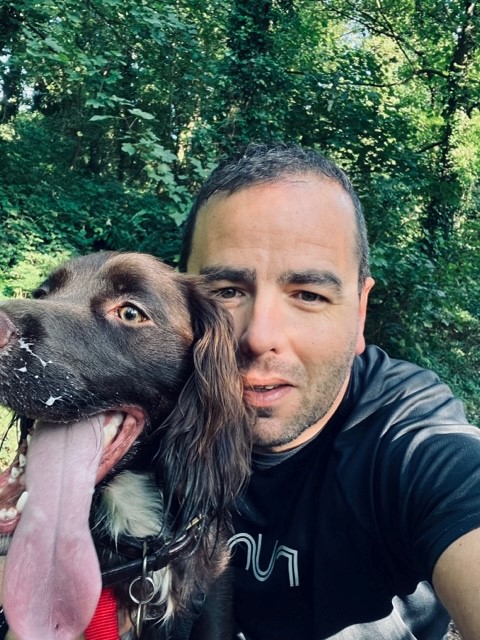**Please note some readers may find the following content upsetting or triggering**
“Why?”
Junky, pill popper, druggy, convict. Just a few of the names I’ve been called in the past and whether it be ignorance, lack of education or just cruelty, I was very rarely asked “Why?”. Very few people look passed the substance. Every person has a back story to where they’re at, and if we don’t ask why then more people will lose their lives. It’s as simple as that. The story is often complicated, it can override any motivators to make changes that may be obvious to others.
My tipping point came in 2019 after overdosing on around twenty morphine sulphate tablets, twenty pregabalin and several clonazepam. My intention wasn’t to die, but a part of me never wanted to wake up. Not waking up meant that I would no longer feel the torment and shame. Following several overdoses, this time my partner found the remainder of the tablets in my pocket and instinctively administered me with Naloxone, which ultimately saved my life.
Being a gay teenager in the late 90’s is one contributing factor to my substance use. I was in school when section 28, the legislation introduced by Margaret Thatcher that prohibited the “promotion of homosexuality” was still in force. What Margaret Thatcher didn’t take into consideration was, there were people like me up and down the country who were coming to terms with who they were and there was nothing but radio silence from schools on any part of LGBTQ+ life. Because it was not spoken about, as gay person, I automatically felt shame, stigma and extremely isolated. I often get asked why so few of the LGBTQ+ community reach out and access support for their substance use and I truly believe that it’s because members of the community have already experienced so much shame, stigma and discrimination, that many just simply don’t have the strength to come forward and risk being labelled yet again. This was just one of many factors that contributed to my substance use and my hesitance to ask for support.

Steven now works for Dyfed Drug and Alcohol Service (DDAS) and is pictured here with Finn.
Stigma and shame are a recurring theme to my substance use. Yet, as I grew older, past these years of uncertainty around my sexuality, there was something that I had buried so deep inside of me, that addressing it was the biggest challenge I had ever faced. There is no easy way to write what I’m about to write, but as a child, I was abused by the priest at our family church. Whether it be the fear that was struck into me or reverting to survival mode, I shut it away for years. However, as I entered adult hood, there was no escaping it. After I discovered that the perpetrator had taken their own life, my emotions spiralled. I experienced anger, regret, shame and guilt. At that time, there was no other way to deal with these emotions, than to use substances. After being offered co-codamol due to having a headache, there was no turning back. Not only did they cure my headache, they provided the numbness I craved and longed for.
These two co-codamol led me on another unexpected path. I would visit the GP making up aches and pains in the hope they’d prescribe me opiates. I then started buying opiate-based painkillers online, hundreds at a time, which led me to steal from my employer and receiving a custodial sentence. And yet, despite it being mentioned briefly in court that I had used pain killers, no one asked why a guy from a seemingly idyllic upbringing in the countryside had spiralled so badly. Despite not using any substances in prison, when I came out, the cycle started again. For another seven years, I managed to hide my dependency and that was no easy feat.
Following the overdose in 2019, I knew it was time to change. It was either change or die. I realised, whilst lying in a hospital bed, hooked up to a drip of naloxone for thirteen hours, I didn’t want to die. I had so much more to give, and there started my recovery. I faced the shame, guilt, stigma and changed. Without sounding too cliched, it was the best thing I have ever done. I am living my best life. So, my advice to anyone who has a loved one using substances. Educate your yourself on harm reduction, keep them safe and ask yourself “Why?”.
Steven Reynolds is currently DDAS team leader in Pembrokeshire. Steven is 39 years old and currently lives in Milford Haven in Pembrokeshire. He has been in recovery for three years and was previously dependent on opiate-based painkillers.
Watch Steve recall his overdose experience in one of our short video’s for Welsh Overdose Awareness Day.

